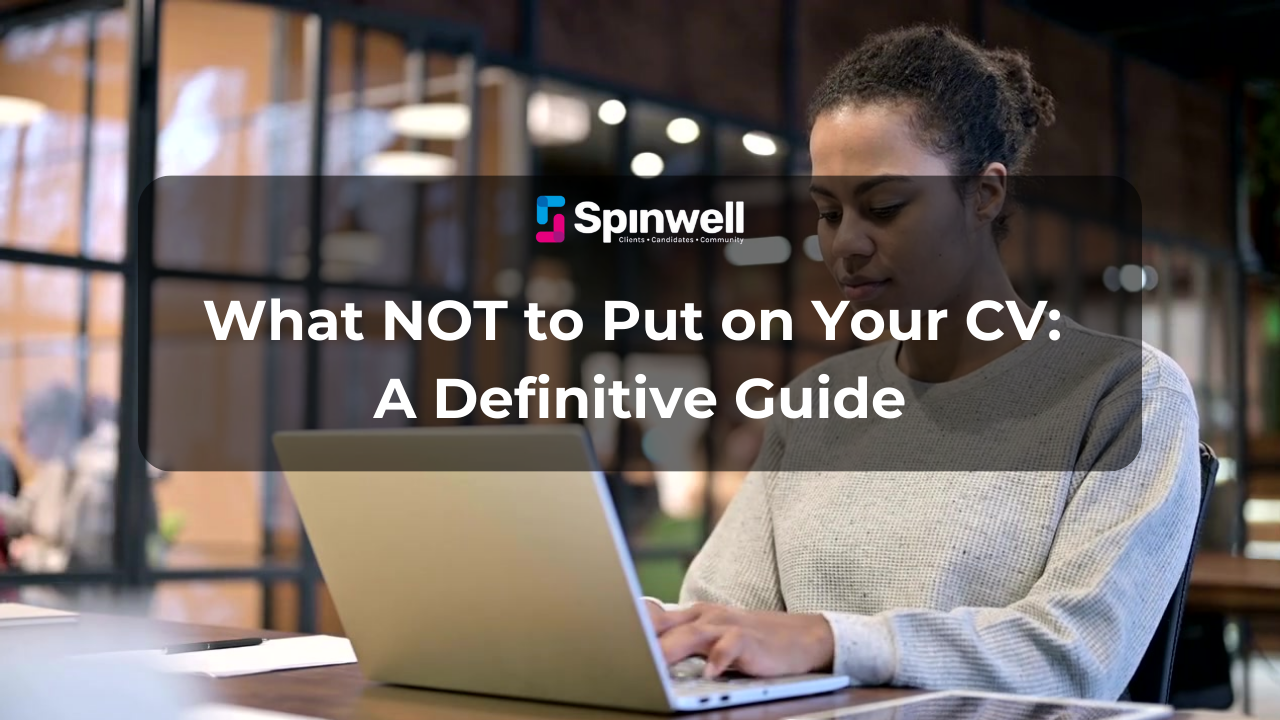
What NOT to Put on Your CV: A Definitive Guide

Your CV is your first impression on potential employers, and it plays a crucial role in securing job opportunities. While it’s essential to highlight your skills and experiences, there are certain things that should never find their way onto your CV.
In this blog, we will discuss what not to include on your CV and why avoiding these pitfalls will enhance your chances of landing your dream job.
Personal Information Overload
While it’s important to provide contact information, avoid sharing unnecessary personal details, such as your marital status, religion, or age. These details are irrelevant to your professional qualifications and can lead to potential discrimination.
Unprofessional Email Addresses
Ensure that your email address is professional and appropriate for a job application. Avoid using personal or humorous email addresses that could harm your chances of being taken seriously by hiring managers.
Irrelevant Work Experience
Tailor your resume to the specific job you are applying for by focusing on relevant work experience. Including unrelated jobs can confuse recruiters and make it harder for them to assess your qualifications.
Hobbies and Interests
While it’s good to have hobbies and interests, avoid listing them on your CV unless they directly relate to the job you’re applying for. Recruiters are more interested in your professional achievements and skills rather than your personal hobbies.
Negative Language
Never include negative language or mention any personal conflicts or issues you’ve had in previous roles. Your CV should focus on your strengths, accomplishments, and positive experiences.
Exaggerations and Lies
Always be honest and truthful on your CV. Lying or exaggerating your skills or experiences can have severe consequences if discovered during background checks or interviews. It’s better to focus on your genuine abilities and showcase your willingness to learn and grow.
Generic Objective Statements
Avoid using generic objective statements that do not add any value to your CV. Instead, use a professional summary that highlights your skills, experience, and career goals. This will help recruiters understand your potential value to their organisation.
References
Including references on your CV is unnecessary. If an employer requires them, they will ask for them separately. Use the space on your CV to focus on relevant information that highlights your qualifications and achievements.
Your CV is your ticket to job opportunities, and it’s crucial to avoid including unnecessary or inappropriate information that can harm your chances. By following the tips mentioned in this blog, you can create a clear and concise CV that presents your skills and experiences in the best possible light. Remember, the key is to tailor your CV to each specific job application, highlighting your relevant qualifications and achievements, and leaving out any information that is not directly related to the role. Good luck with your job search!
Get in touch with us
NK






